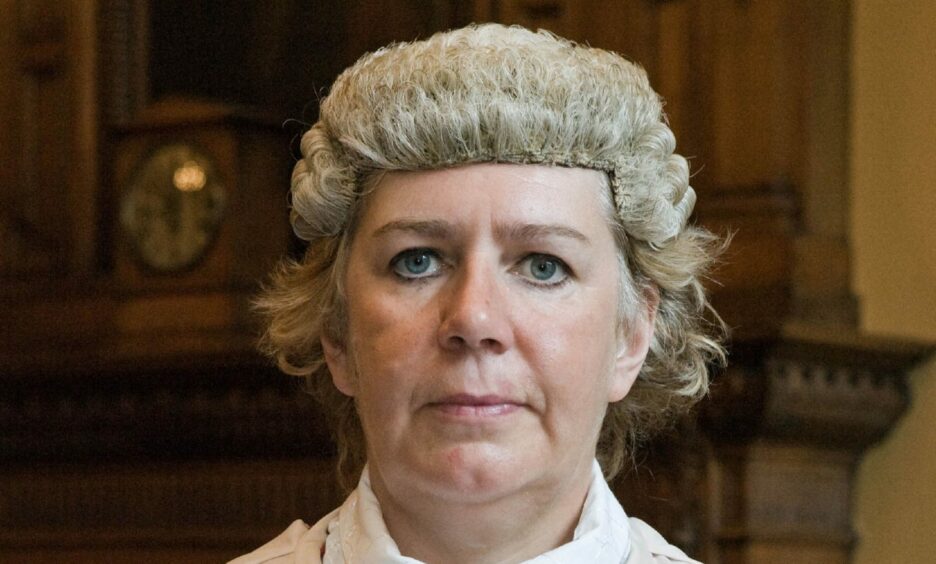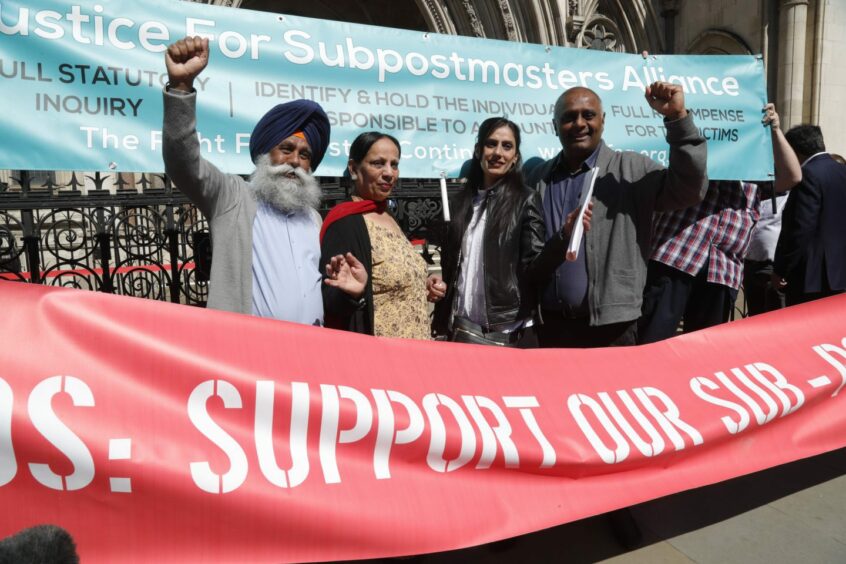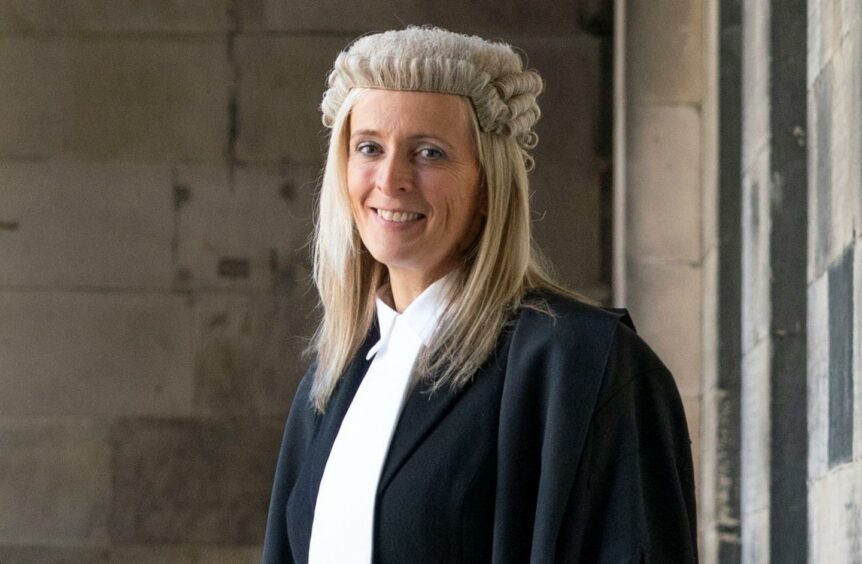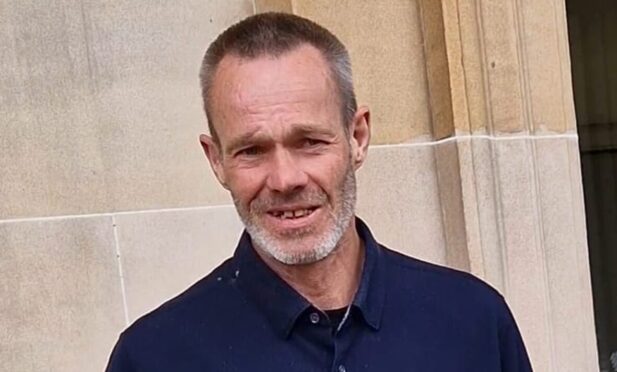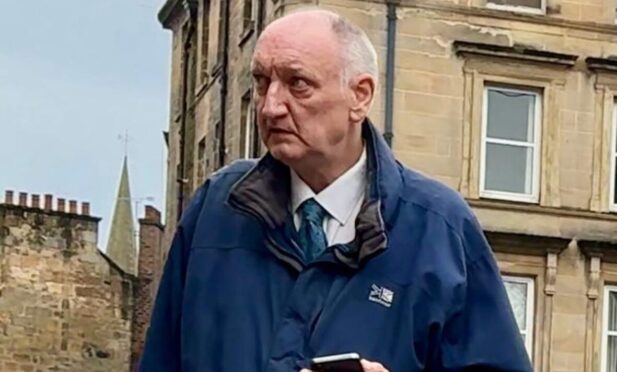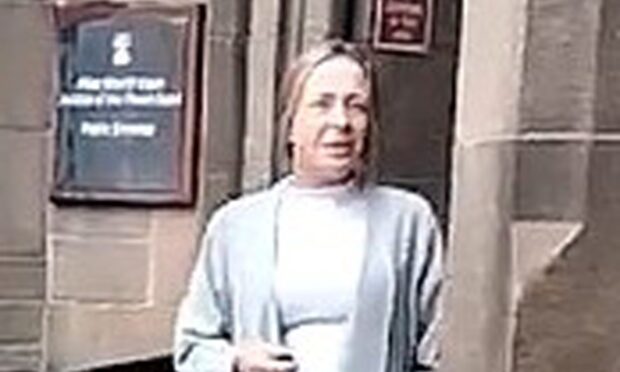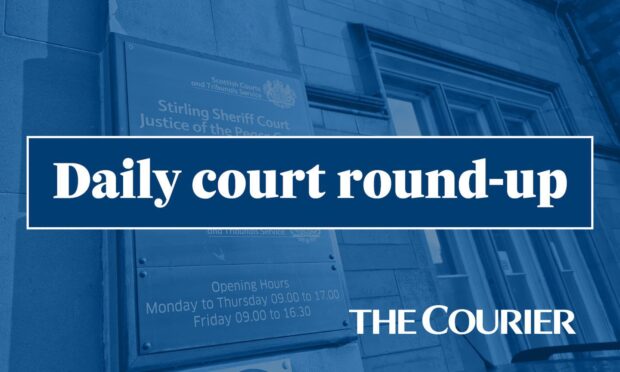Scotland’s second most senior judge is becoming “increasingly frustrated” with prosecutors in an appeal involving postmasters criminalised due to an allegedly flawed computer system.
The Lord Justice Clerk Lady Dorrian told advocate depute Steven Borthwick KC she and her colleagues are troubled by the Crown’s preparations in the case.
She was speaking during a procedural hearing at the Court of Criminal Appeal in Edinburgh.
Lady Dorrian and her colleagues are presiding in a case sent to the appeal court from the Scottish Criminal Cases Review Commission.
The body investigates potential miscarriages of justices and it believes issues surrounding six sub-postmasters should be examined.
The six – one of whom has since died and is represented posthumously – are now entitled to appeal against the convictions for crimes of dishonesty arising from their roles as sub postmasters at the Post Office.
They include Colin Smith, who pled guilty in 2013 at Dunfermline Sheriff Court to one charge of embezzlement and was ordered to do 180 hours of unpaid work.
‘Deep public concern’
Between 2000 and 2014, more than 700 sub-postmasters were falsely prosecuted based on information from the Post Office’s computerised accounting and sales system, Horizon.
Since then, many sub-postmasters in England have had their criminal convictions for theft, fraud and false accounting overturned.
The first time the case called in the appeal court, Solicitor General Ruth Charteris KC said the matter was of “deep public concern”.
On Thursday, Lady Dorrian, who sat with Lord Matthews and Lord Armstrong, indicated the court is frustrated with the lack of progress prosecution lawyers are making.
The court heard there have been issues in how disclosure of evidence from the cases has been made.
She said: “You will have gathered that the court is becoming increasingly frustrated and finds it difficult to understand why the Crown has not yet been in a position to reach a decision about at least some of these appeals.”
She said they appreciated there were issues to be considered but said there were three types of cases involved – where cases went to trial, where there was a plea with no admission and a plea with admissions.
She said: “The issue of disclosure cannot be of significance in all three of these types of cases.”
Six cases referred
The SCCRC has referred the cases of:
- Susan Sinclair, 57, convicted of one charge of embezzlement at Peterhead Sheriff Court in 2004 following a trial and sentenced to 180 hours community service.
- Judith Smith, 60, who pled guilty to one charge of fraud at Selkirk Sheriff Court in 2009 and was admonished.
- William Quarm, now deceased, who pled guilty at Lochmaddy Sheriff Court, to one charge of embezzlement and was given 150 hours community service in 2010.
- Robert Thomson, 63, who pled guilty in 2004 at Alloa Sheriff Court, to one charge of embezzlement and received 180 hours of community service and a £5,000 fine.
- Aleid Kloosterhuis, 64, who pled guilty at Campbeltown Sheriff Court to one charge of embezzlement in 2012 and was sentenced to a year in prison.
- Colin Smith, 62, who pled guilty in 2013 at Dunfermline Sheriff Court to one charge of embezzlement and was ordered to do 180 hours of unpaid work.
The SCCRC concluded the five who pled guilty did so in circumstances that were, or could be said to be, clearly prejudicial to them.
It also concluded new information about Horizon which has emerged since Mrs Sinclair’s trial would have had a material bearing on a “critical issue” and may have explained why there was a shortfall of funds at the Post Office branch where she worked.
It found the prosecution could be seen as oppressive because the absence of the relevant evidence rendered the trial unfair.
Crown assessment ongoing
At the hearing held in January, Ms Charteris said prosecutors had accepted the Horizon system was defective, based on the findings of English cases.
But she said the Crown is still assessing available evidence to establish whether there are still sufficient grounds to maintain a conviction.
The Solicitor General added: “The Crown’s case may differ according to each case.”
She said the Crown does not have sufficient evidence in some of the cases to make a proper assessment of whether the convictions should be quashed.
On Thursday, Lady Dorrian said the court is beginning to have concerns about some of the decision-making processes in the case.
She said that she trusted the message would be conveyed to people involved in the case “in no uncertain terms”.
The appeals are expected to be heard later this year.

